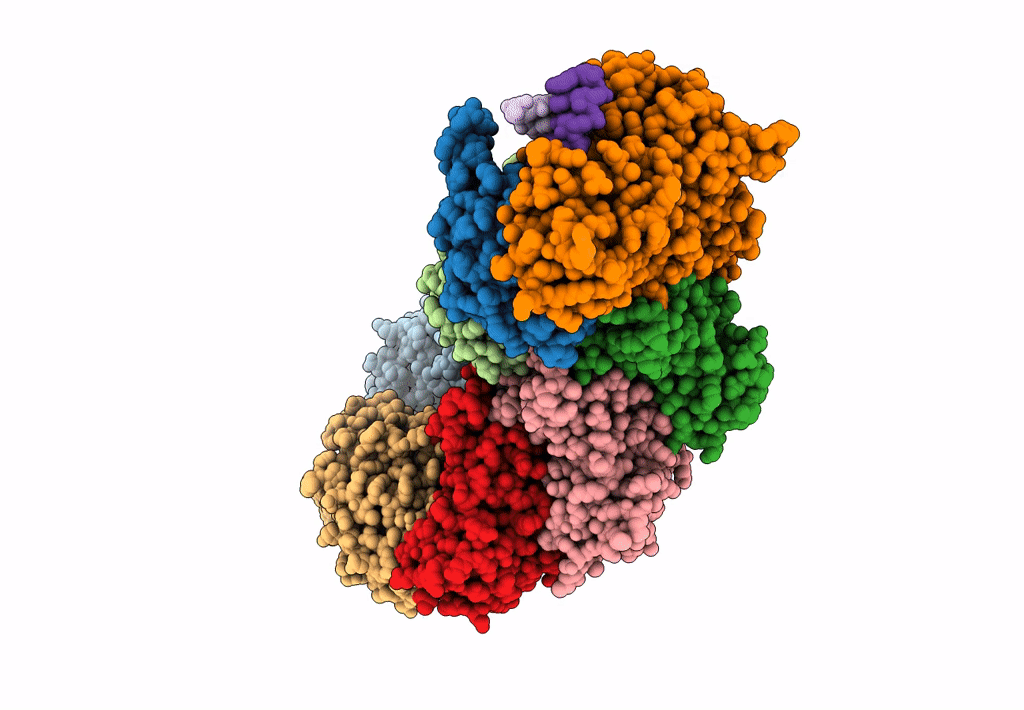
Deposition Date
2018-09-20
Release Date
2018-12-12
Last Version Date
2024-03-27
Entry Detail
Biological Source:
Source Organism(s):
Streptococcus thermophilus ND03 (Taxon ID: 767463)
Streptococcus thermophilus (Taxon ID: 1308)
Streptococcus thermophilus (Taxon ID: 1308)
Expression System(s):
Method Details:
Experimental Method:
Resolution:
3.16 Å
Aggregation State:
PARTICLE
Reconstruction Method:
SINGLE PARTICLE


